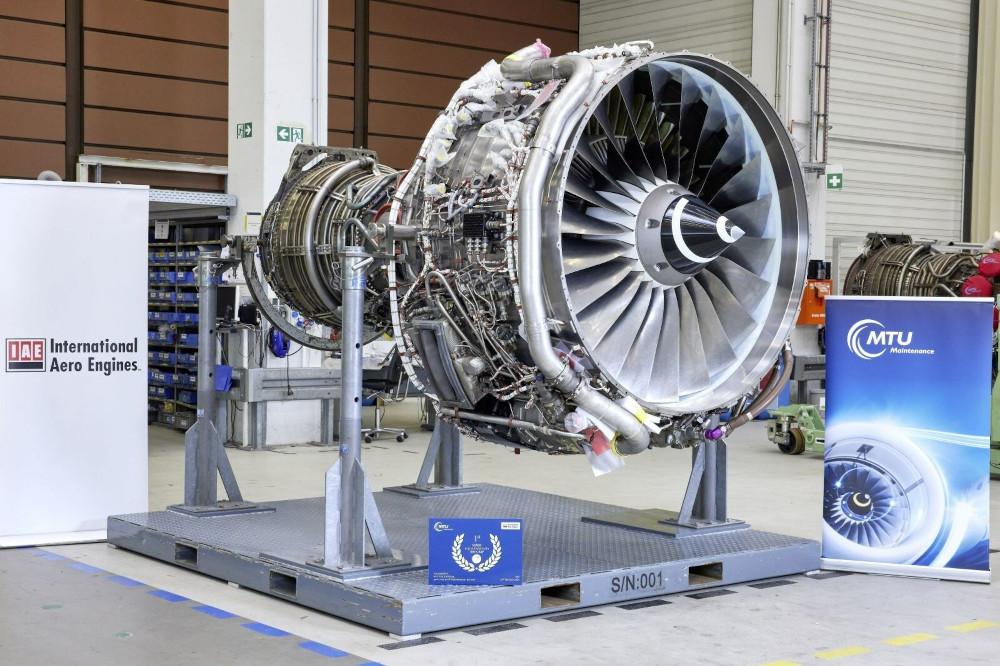
Credit: IAE
International Aero Engines (IAE) has completed a test run on the V2500 engine using 100% sustainable aviation fuel. The engine OEM says the successful test was recently completed at the Hanover, Germany, facility of MTU Maintenance, the MRO business of MTU Aero Engines. According to MTU Maintenance...
Subscription Required
This content requires a subscription to one of the Aviation Week Intelligence Network (AWIN) bundles.
Schedule a demo today to find out how you can access this content and similar content related to your area of the global aviation industry.
Already an AWIN subscriber? Login
Did you know? Aviation Week has won top honors multiple times in the Jesse H. Neal National Business Journalism Awards, the business-to-business media equivalent of the Pulitzer Prizes.





